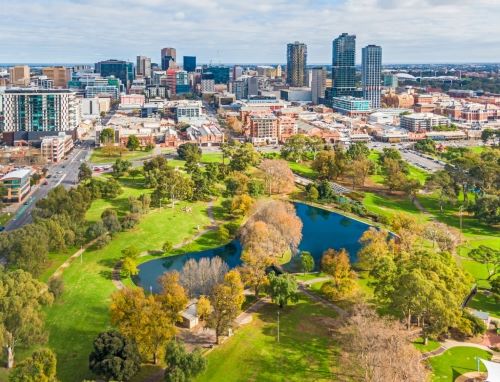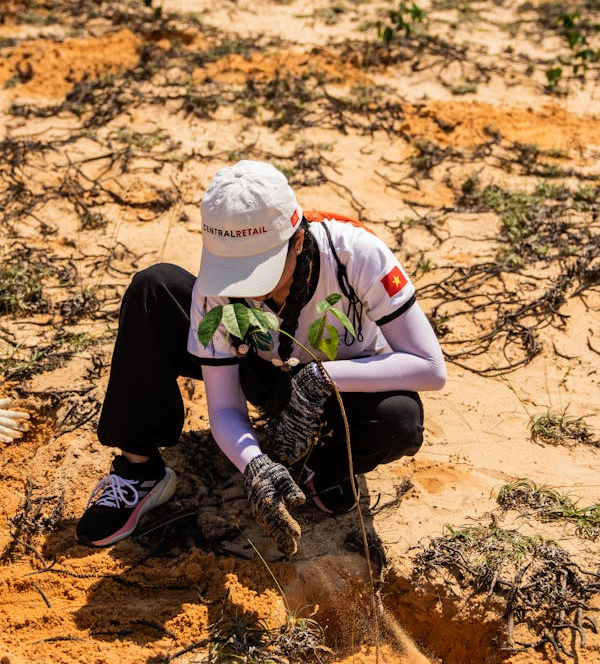When we speak about sustainability across Africa and beyond, one concept keeps returning to the center of the conversation: the circular economy.
But what does this mean? And why is it so critical for Africa’s future?
From Linear to Circular
For decades, the world has operated in a linear economy: take → make → use → throw away.
This system has fueled growth, but it has also fueled crisis—landfills overflowing, rivers choked with plastics, and e-waste poisoning our communities.
A circular economy, however, changes the story. Instead of throwing things away, we design products to last longer, reuse materials, and recycle waste into new resources.
“Waste is not the end of a product’s journey—it is the beginning of another.”
— Amb. Canon Otto
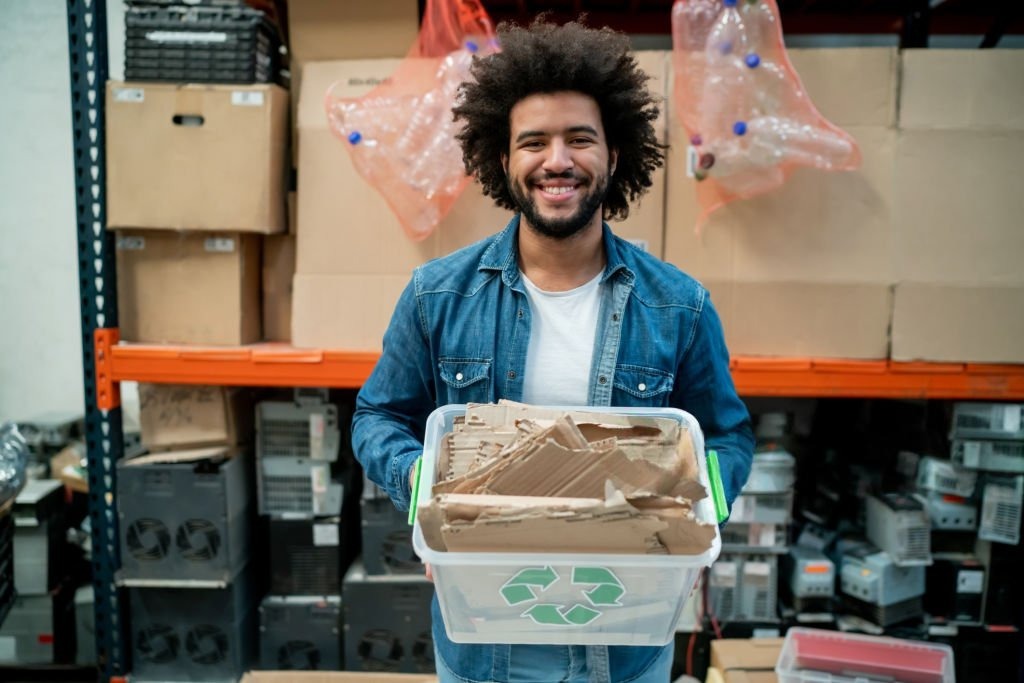
Why Africa Needs a Circular Economy
Africa is not just another continent in the sustainability debate. We are at the epicenter of both the challenge and the solution. Here’s why:
- Youthful Population: With over 60% of Africans under 25, the circular economy is a job-creation engine. Collectors, recyclers, innovators—green jobs can empower our young people.
- Urban Growth: Our cities are expanding rapidly, and so is waste. Without a circular system, this growth could overwhelm our environment and public health.
- Resource Efficiency: Africa imports more than it produces in many sectors. Recycling and circular design reduce dependence and build local industries.
- Climate Action: Landfills release methane, and open burning pollutes the air. Circularity cuts emissions and aligns with Africa’s climate commitments.
Local Examples of Circular Economy in Action
- Plastic Waste into Bricks: In Nigeria, Kenya, and Ghana, entrepreneurs are turning discarded plastics into durable building blocks. This reduces waste while solving the housing deficit.
- Cassava Waste into Biofuel: Farmers are finding ways to convert agricultural by-products into energy, proving that nothing in nature is truly wasted.
- Solar Panel Recycling by CleanCyclers: At CleanCyclers, we are pioneering the recycling of solar panels—recovering glass, aluminum, and rare metals that can go back into clean energy production. This is not just recycling—it’s ensuring the renewable future remains sustainable.
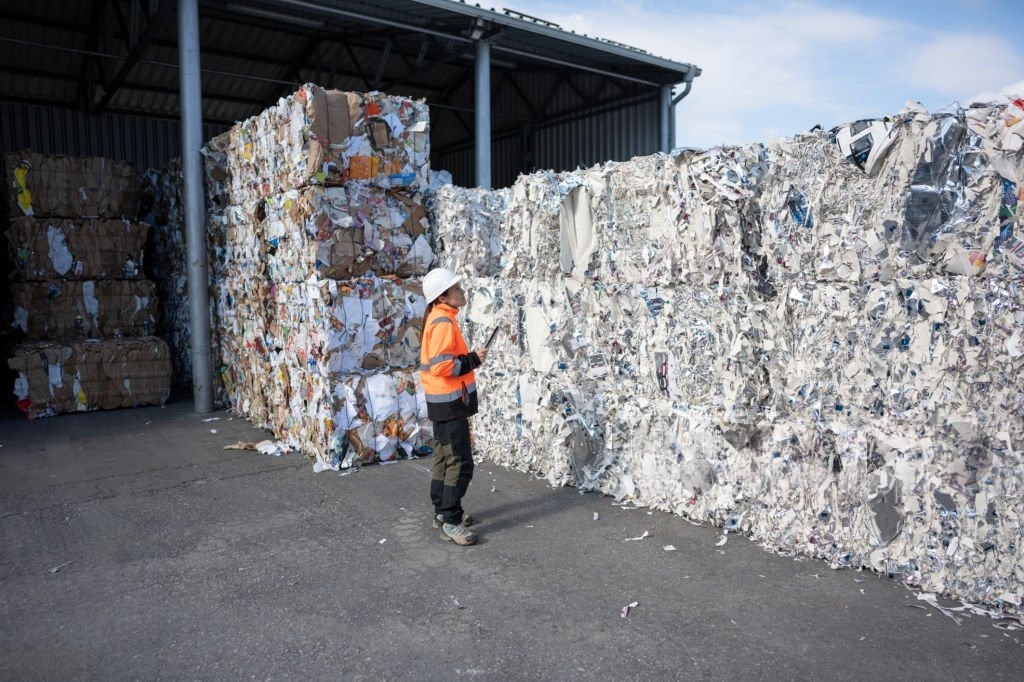
What This Means for You
A circular economy is not just for policymakers or businesses. It begins in our homes and communities:
- Separate waste into recyclables and organics.
- Support brands and businesses that reuse or recycle.
- Reduce single-use plastics where alternatives exist.
- Educate others about the hidden value of waste.
Africa’s Opportunity
If Africa embraces circularity, we won’t just “catch up” with the rest of the world—we will lead it.
Because where others see waste, we can see wealth. Where others see crisis, we can see opportunity.
“The circular economy is not just an environmental agenda—it is an African development agenda.”
— Amb. Canon Otto
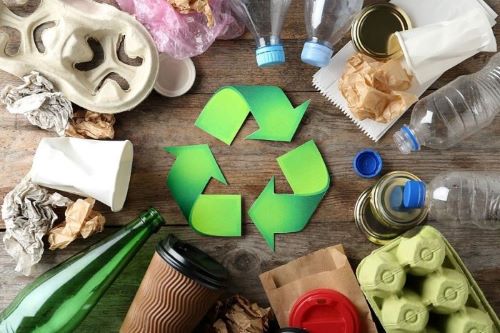
Closing Thought
At CleanCyclers, we are committed to building this future. But we cannot do it alone. We need governments, businesses, communities, and every African citizen to recognize: the future is circular—or there is no future at all.
Let’s turn waste into wealth, and challenges into change.

